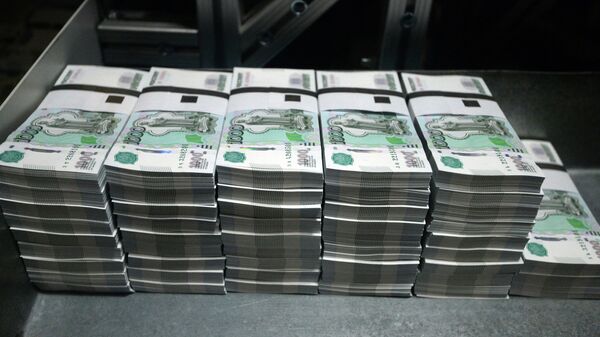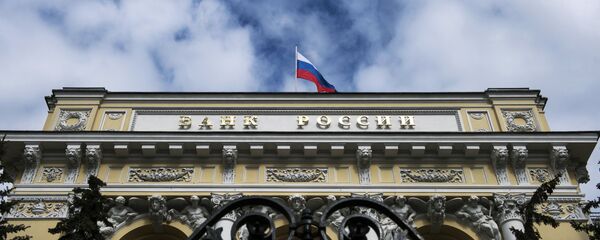"The slowdown in the global economic growth may result in a structurally weaker global demand for energy resources than in the basic scenario. The risk scenario includes decrease of oil prices up to $35 per barrel in 2019 and preservation of this price in the future," the report said. The Central Bank added that such a scenario implied oil exporting countries' failure to prolong the oil output cut deal.
Meanwhile, the country's GDP will increase by 2-3 percent in 2021, the Russian Central Bank's report stressed. According to the basic scenario of the macroeconomic development, the Russian GDP will grow by 1.5-2% in 2018, by 1.2-1.7% in 2019 and by 1.8-2.3% in 2020, the report noted.
“Given the age structure of the population, the current percentage of retired persons and the dynamics of productivity of labor among employees of various ages, increase of the retirement age will make an additional contribution to the GDP growth at the level of some 0.1 percentage point in 2019 and 0.2-0.3 percentage points in 2020-2021,” the report said. The changes to the legislation will also result in the increasing employment and decreasing inflation rate.
READ MORE: Fitch: Russia 'Copes Well' With New US Sanctions, Economy Resilient to Shocks
On July 19, the Russian Parliament (State Duma) adopted in the first reading a bill on changes to the pension law. The bill proposed raising the retirement age from 60 to 65 years for men and from 55 to 63 years for women. The changes are expected to be implemented gradually starting from 2019.
Earlier in September, Russian President Vladimir Putin submitted to the State Duma amendments to this bill. The president’s amendments have softened the proposed changes in the legislation, particularly, reducing the future retirement age for women from 63 to 60.
READ MORE Russia's Shift to Gold Reserves Could Protect Sanctioned Economy
The Russian Central Bank also said that the country's GDP had grown by 1.8 percent in 2017, which is 0.3 percent more than it was earlier announced. "The 2017 [GDP growth] amounted to 1.8 percent. That is an assessment of the Russian Central Bank given the revised Rosstat's data on the industrial production," the report said.
In June, Rosstat said that the Russian industrial production increased by 2.1 percent in 2017, not 1 percent as it had been earlier announced.





